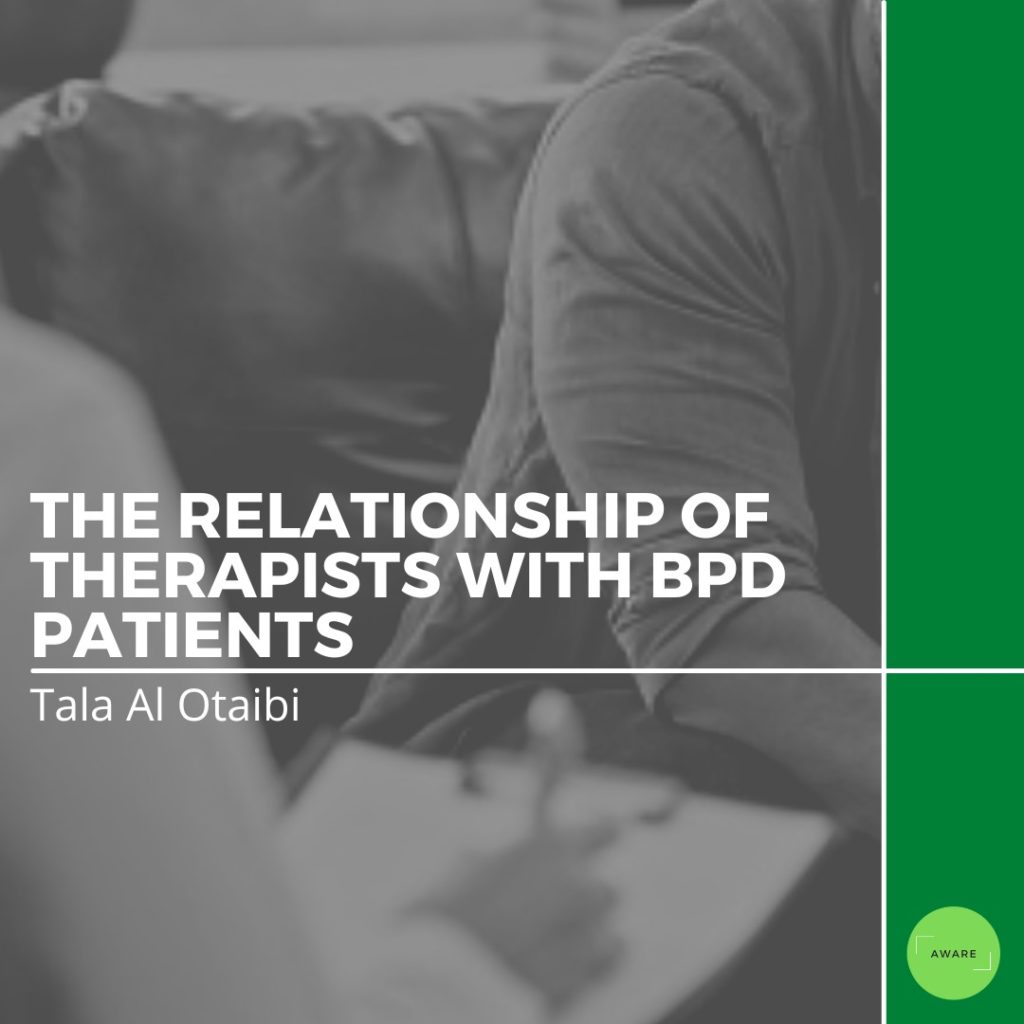Borderline personality disorder is a personality disorder that belongs to the “dramatic” personality disorders cluster. This personality disorder is characterized by great instability in many things relating to the person. This can include mood, self-image, and impulsive behavior. While BPD is becoming one of the more common conditions in clinical practice, there still exists a stigma revolving around it, even with professional practitioners in the field.
The Stigma
BPD, like many disorders and other mental health problems, is stigmatized. Those with mental health disorders are often viewed in negative ways due to their disorders. Such negative beliefs and stereotypes toward those with mental health conditions are, unfortunately, far more common than they should be. Those with BPD are no exception to this problem. Stigma, in whatever case, has very harmful effects on people. In such a case, mental health stigma may lead the person to avoid seeking the help or treatment that they really need and may cause their condition to become worse.
BPD and Therapists
BPD is considered to be a very complex disorder. Hence, it is often feared by many, both the general public and even the professionals in the field. Professionals tend to fear BPD patients the most and are generally unaware of how to deal with them appropriately. Despite the progress that has occurred over the last few decades, the stigma toward BPD patients remains quite evident. This stigma exists because of the complexity of the disorder. Professionals see BPD as a frustrating and difficult disorder to treat and deal with. Furthermore, because of the negative stereotype, therapists may dismiss many of the fears and concerns that BPD patients have given their preconception regarding the nature of the disorder.
BPD Patients
Because of the stigma revolving around those with BPD, many issues may arise as a result. Due to the complex nature of the disorder and its tendency to be comorbid with other disorders, a lot of problems relating to misdiagnosis may arise. Instead, it could be diagnosed with bipolar disorder or major depressive disorder. Misdiagnosis has many problems on its own. BPD needs proper care and proper treatment. With the stigma present, it will hinder the process of treatment and healing for those with the disorder. The problem typically starts with those in the field, whose help and care is needed the absolute most.
